- 4096
- 0
Sharing Ideas and Updates on LPG in Nigeria and related information to enable effective collaboration within the LPG Value Chain
The Impact Of LPG Adoption On Health In Nigeria
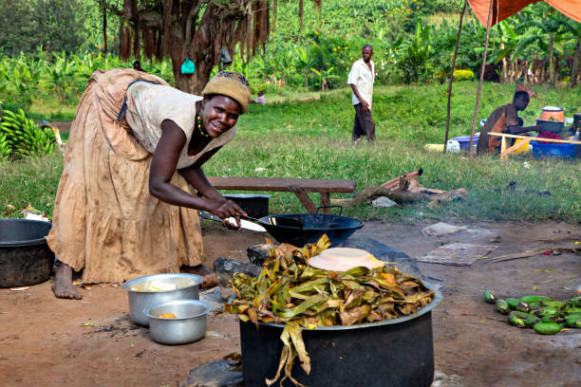
The utilization of LPG stands as a cornerstone in bolstering health and well-being, specifically in the prevention of non-communicable diseases in adults and pneumonia in children. This critical revelation, as highlighted by the World Health Organization (WHO), addresses a grave global concern: the staggering seven million premature deaths annually due to air pollution, with more than half attributed to Household Air Pollution (HAP). HAP results predominantly from the use of polluting fuels for cooking, heating, and lighting, presenting an unparalleled environmental health risk.
Despite the monumental strides, around three billion people still rely on solid fuels and kerosene for their daily cooking needs. The dire need to reduce smoke emissions from household energy activities is paramount. Such efforts not only alleviate the burden of disease associated with HAP but also significantly enhance the well-being of women and children, who bear the brunt of inadequate energy access.
For health outcomes like child pneumonia, lung diseases, and cardiovascular ailments, reducing exposure to fine particulate matter (PM2.5) and carbon monoxide (CO) is crucial. However, many solid-fuel cooking interventions thus far have not effectively mitigated these harmful emissions, falling short of the recommended levels necessary to yield substantial health benefits.
Nigeria, aligning with SDG 3's target to prevent newborn and child deaths by 2030, faces the critical challenge of reducing neonatal and under-five mortality rates. Dr. Maria Neira from the WHO emphasizes that ensuring clean air for children at home is the paramount defense against pneumonia.
The WHO champions the scaling up of clean and modern cooking fuels like LPG, gas, and electricity in lower and middle-income countries to combat the disease burden linked with HAP. LPG emerges as a game-changer, offering direct health benefits by drastically minimizing exposure to HAP from solid fuels and kerosene. However, realizing these benefits hinges on the implementation of sound policies, robust regulations, and conducive conditions facilitating rapid LPG adoption.
Additionally, the use of Autogas as a transportation fuel presents another avenue for health protection, notably in urban environments characterized by elevated ambient air pollution levels. For Nigeria, embracing LPG on a larger scale not only promises health dividends but also serves as a cornerstone in achieving significant strides toward better health outcomes and well-being for its populace. Rapid adoption, facilitated by the right policies and enabling environments, could spearhead a transformative shift, ensuring cleaner air and improved health for generations to come.
Source: World LPG Association





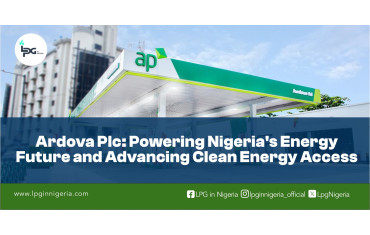

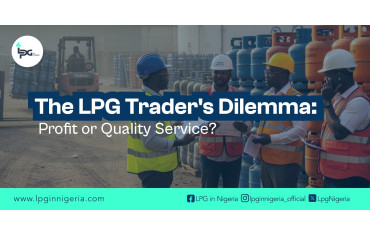

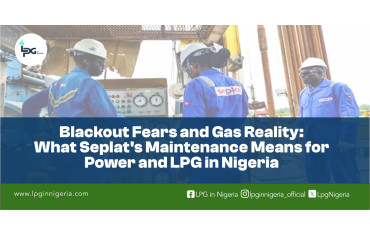
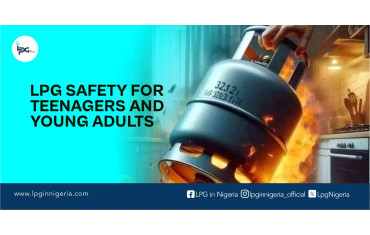





0 Comment.